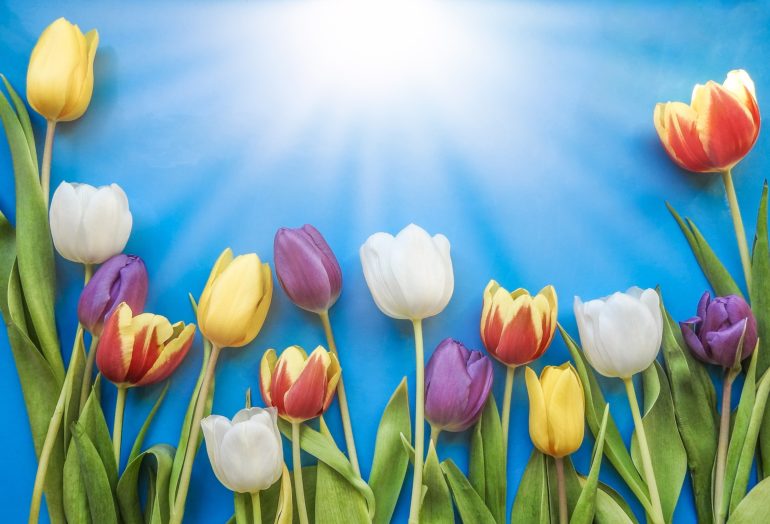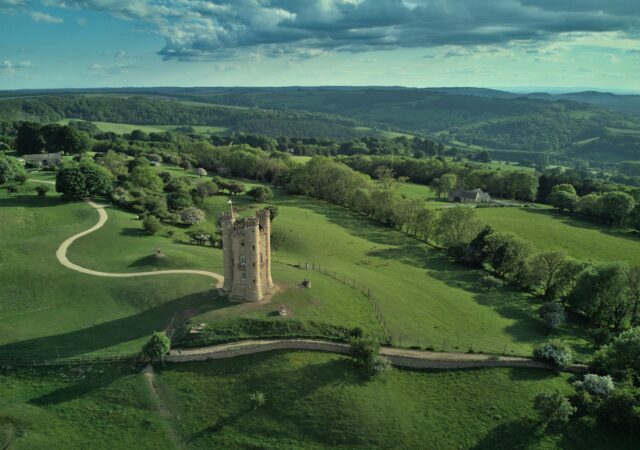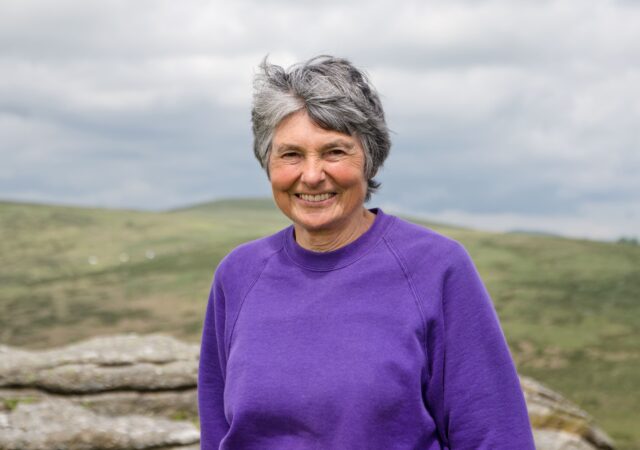It’s a fact of life that we’re born, we die and in between, if we’re women, we’ll go through the menopause. The menopause or ‘the change’ doesn’t just happen overnight unfortunately and for some women it can mean years and years of of distress. Others sail through ‘the time of life’ and wonder what all the fuss is about. The rest of us are somewhere in the middle. So what is the menopause?
What is the Menopause?
First of all a woman doesn’t reach menopause until there’s been a year since her last period. The run-up to that stage is the perimenopause. Menopause comes about because of a change in your hormone levels. When a woman is fertile, her ovaries release eggs and also make oestrogen and progesterone. When the ovaries stop releasing eggs every month, then your periods wil stop. This is menopause – menstruation has paused, your periods have stopped! Menopause happens to all of us when we age and it’s a very natural process. It can start anytime between 40 and 55 but there are some women who have a premature menopause.

Perimenopause can begin many years before menopause and happens when your ovaries start to make less and less oestrogen. Perimenopause is what we call the time up until that point when the ovaries stop releasing eggs. It’s the last few years of the perimenopause that the majority of women have the most menopause symptoms.
Then there’s Postmenopause, which is all the years after your periods have stopped. Hot flushes or hot flashes (as some people say) ease off for most of us at this stage. However the loss of oestrogen can lead to other health risks.
The Menopause
So back to The Menopause for now. On average women will have their last period around the age of 51. Some can stop menstruating around 40 and a tiny percentage are still having periods when they’re 60. Generally women will spot changes in their cycles. Your periods may come closer together or stop for a few months. Periods may be very light or as likely very heavy. Everyone seems to be different. If, however, you have periods which last much longer than usual are closer together and also so heavy that you ‘flood’, then you should see your GP.
75% of us will have hot flushes. Sweats overnight are particularly hard to deal with as they cause sleeplessness which in turn has a severe impact on your days. Most women say they have itchy skin and mood-changes rather like PMT. To add insult to injury, around and after menopause, women will usually experience painful sex and vaginal dryness. Menopausal women are also more likely to get urinary infections. Oh and then there’s the wight gain, of course too …
In a nutshell then, typically around 50 to 55, a woman’s periods will stop completely – no more periods or babies and that’s the menopause!
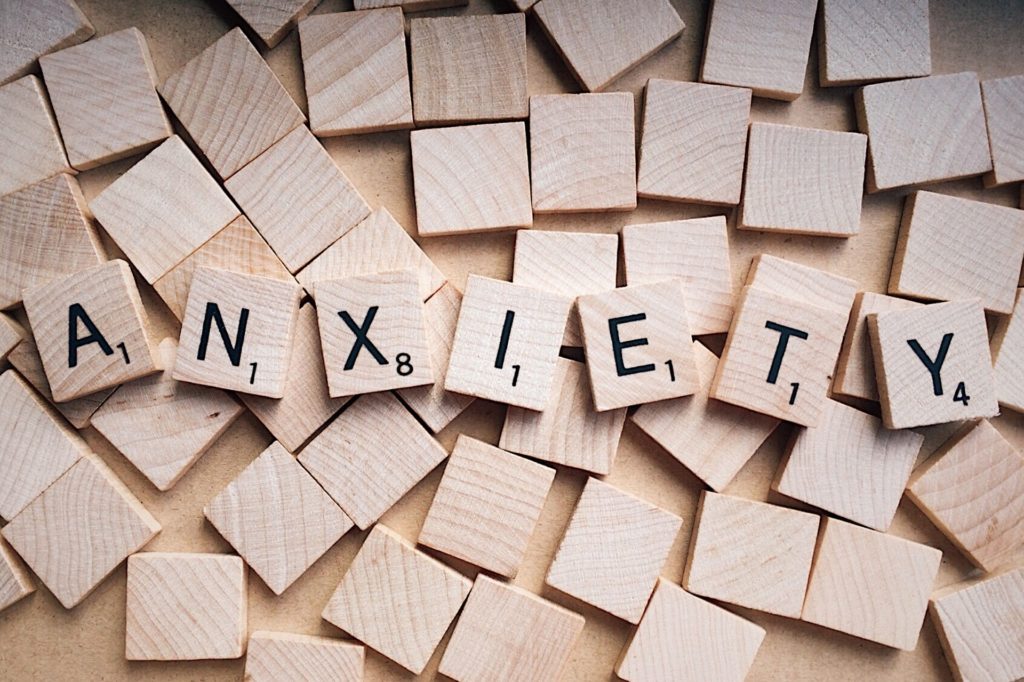
That’s just the physical stuff covered though! For many women the fact they can no longer have babies is a real mental obstacle that they find difficult to cope with. It’s not unusual for anxiety to set in. Many women say they lose their self-confidence because they don’t know when they’re going to have a hot flush or need the loo. The menopause usually coincides with empty nest syndrome aka children leaving home so it’s a bit of a double-whammy for women.
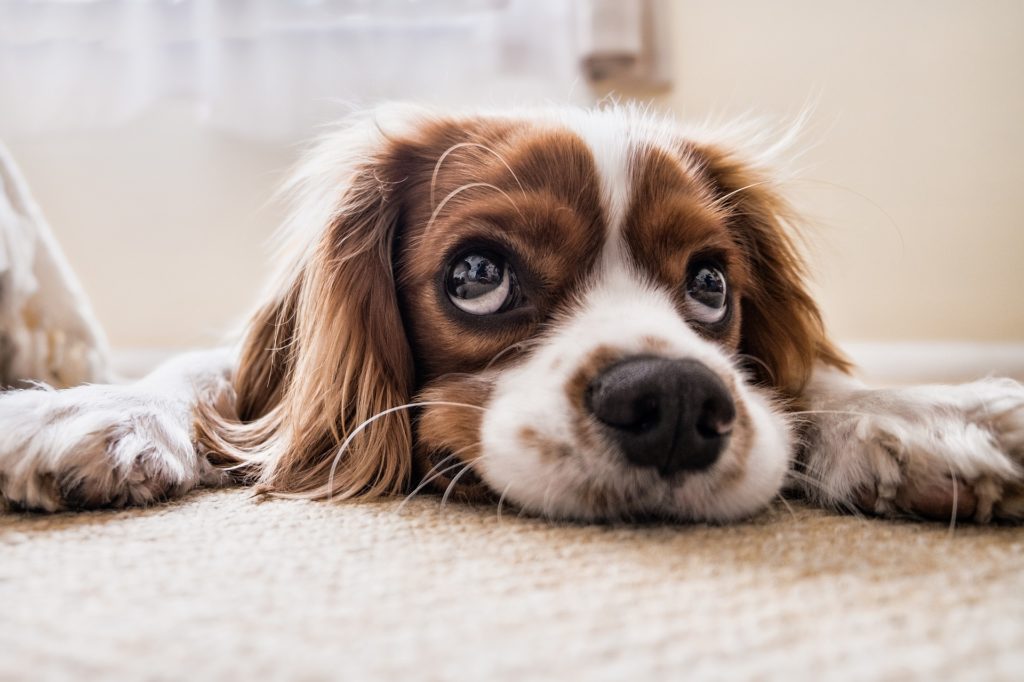
It all sounds like a nightmare, doesn’t it? It needn’t be though. It’s not all doom and gloom. Talk to other women your age. Consider taking up an exercise class or do mindfulness. Talking therapies? There’s something there to help nearly all of us.
And of course, if you’re struggling with menopause symptoms then you can always ask your GP about HRT or look at the various ‘natural’ options available online.
And if you need cheering up after all that then take a look at this: Slang for Menopausal Women! It made me laugh anyway!

